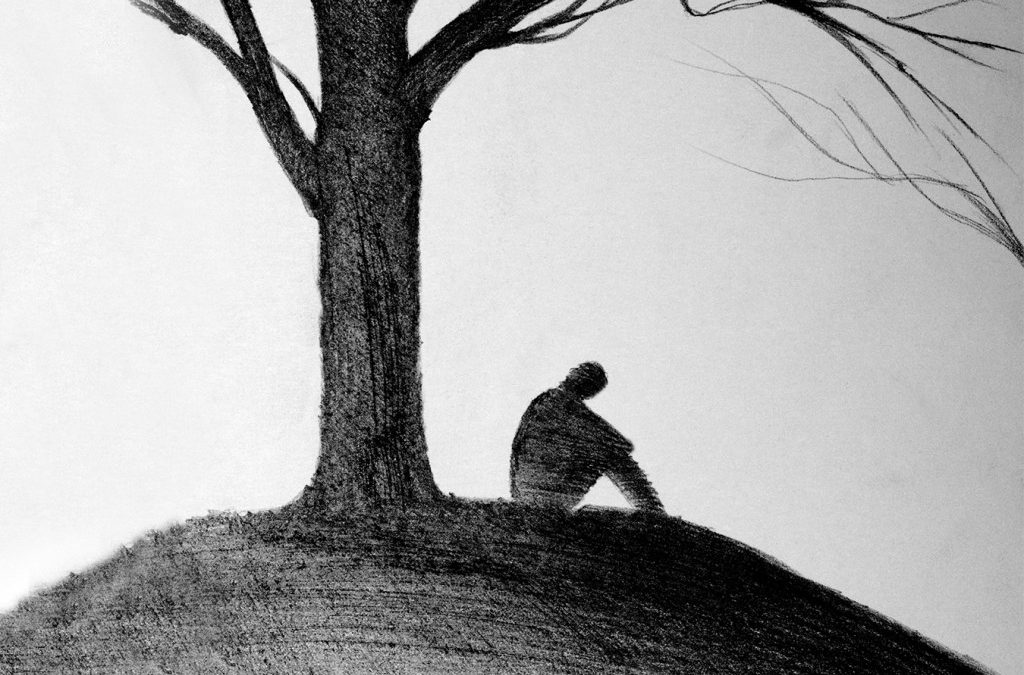One of the most prevailing feelings that I have noticed among clients and friend that has been emerging during this lockdown period is grief as people have been forced to face what lies deep within them. This grief emerges from previously unexpressed emotions and has been unable to be avoided through the usual distractions so we have been forced to come to terms with it like never before.
Grief is one of those hidden emotions that is frequently buried. We don’t always know we are carrying it until one day something triggers us in an unexpected way and an eruption of feelings forges its way to the surface without warning. It gets held within the body, typically thought to be in the colon or lungs in energetic medicine, and can usually be masked by anger or disbelief on the surface.
Grief is destructive. It originates from beliefs of separation and loss that we have not fully processed and we feel a sense of abandonment from loved ones, pets, relationships and jobs. We often feel we have to go through an extended period of grieving in order to show that we loved that person or pet, otherwise it would not be socially acceptable to move on too quickly. That would mean that we never loved them in the first place because we haven’t grieved deeply or long enough, as is our western tradition.
Alternatively, we get angry or resentful for that person or role leaving us in whatever way the situation has manifested, and we bury it, never wanting to emerge in those emotions fully because we are told, repeatedly in our culture, to keep ourselves busy or find a hobby or everyone’s antithesis of good advice, “there’s plenty more fish in the sea”. Feelings of numbness and unacceptance engulf us and we can feel alone and unsupported as others think they are doing their best to help by avoiding the whole subject of death or grieving and encouraging us to think of other things instead.
Grief is separation anxiety. An old way of being or doing has gone, or a loved one you cared deeply about has moved on – whether it is old friendships falling away or the loss of an intimate relationship. It’s natural to feel sadness, so allow yourself to immerse yourself in it at the time of loss so it is fully expressed. That does not mean to lose yourself in it, but to breathe and feel through it and get that support, professional or otherwise, of people that will just hold that space for you and listen.
Frequently grief brings loneliness and isolation to the fore and knowing you have people around to hold your hand through the processing is a lifeline. Avoiding will always lead to health conditions or buried resentment later in life, and life is too short to be grieving someone or something from the past instead of finding joy in new ways in the present.
If you know someone experiencing grief, don’t offer advice unless asked for. Just be there for them, whether it is just company, listening or supporting in some way. Avoiding the feelings only delays the impact. Grief is something that unites us all and is something we all experience at any given moment in our lives and is something we can all support each other through.





